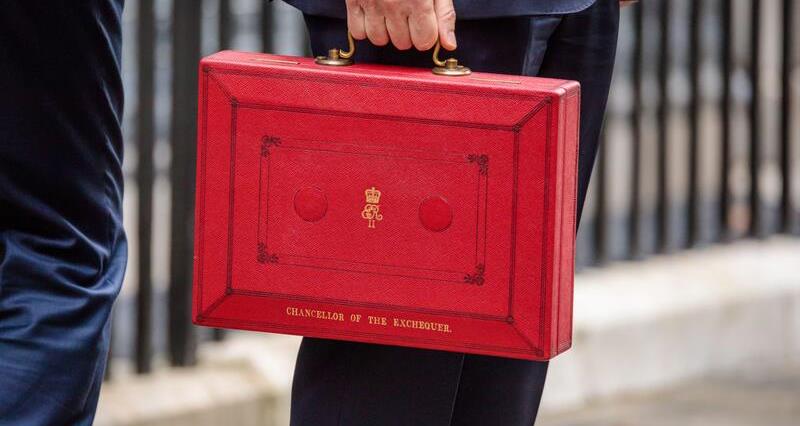Speaking at the Oxford Farming Conference, Mr Reed outlined the three cornerstones of the government’s vision – food production, business resilience and nature restoration, with its recently announced forming the blueprint of how Defra plans to get there.
However, NFU President Tom Bradshaw said that while there were positives within the announcements, there had been a failure to recognise the industry is in a “cash flow crisis, with the lowest farmer and grower confidence ever recorded”.
“Many are worried about making it to the end of 2025, never mind what happens 25 years down the line,” he added.
ª º“ª™»ÀPresident listed the ‚Äúdevasting inheritance tax changes‚Äù, along with hikes to employers‚Äô national insurance, ‚Äúcrippling cuts‚Äù to direct payments and delays to environmental schemes as existing pressure points that mean ‚Äúmany businesses won‚Äôt survive to benefit from the ‚Äònew deal'‚Äù.
What was announced?
The Defra Secretary announced a series of reforms including:
- Reiterating Labour’s 50% public procurement manifesto promise, with the introduction of monitoring where public sector food comes from.
- A consultation on national planning reforms to make it easier to build farm buildings, barns and other infrastructure, due to launch in Spring.
- The launch of the ADOPT (Accelerating Development of Practices and Technologies) fund in Spring as part of the Farming Innovation Programme.
- Working with Ofgem to help free up capacity for electricity generation in rural areas.
“To have a genuine reset moment with farmers and growers after the inflationary budget, all of these issues need to be addressed”.
NFU President Tom Bradshaw
The Defra Secretary also reiterated the government’s commitment to “uphold and protect our high environmental and animal welfare standards in future trade deals”.
The acknowledgement of planning reforms needed for diversification, including renewable energy, to support a commitment to food security is welcome. There was also cross-departmental recognition of the grid connection barriers faced by many farmers, and a specific Defra mention of small-scale wind power alongside on-farm solar energy and battery storage.
Future of farm businesses under question
“We will work in partnership to achieve our vision for the farming sector,” Mr Reed said.
“A sector with food production at its core. Where farm businesses can diversify their income to make a fair profit and remain viable in challenging times. And which recognises restoring nature is not in competition with sustainable food production, but is essential to it.”
NFU President Tom Bradshaw said that it was “great that government thinks farming and growing businesses should be more profitable and sustainable in the long-term”.
“It’s also good to hear the government say the primary role of farmers and growers is to produce food, but how is it going to ensure food production is profitable when thousands of farmers and growers are questioning whether they’ll still be in the industry in the next year?
“The agricultural transition, which began with the previous government’s Health and Harmony consultation in 2018, assumed that the loss of direct payments would be offset by farmers getting a proper financial return from environmental schemes, significant improvements in productivity, and increased returns from fairer functioning markets.
“This has not happened.”
Genuine reset moment
ª º“ª™»ÀPresident said the government must now ‚Äúface up to the reality of the fierce policy headwinds and challenging market conditions the industry is facing‚Äù and act to secure the future of British farming.
He reiterated the NFU’s calls to pause and consult on the changes to APR and BPR (Agricultural and Business Property Relief) as a matter of urgency and to review delays and challenges with agri-environmental schemes.
“To have a genuine reset moment with farmers and growers after the inflationary budget, all of these issues need to be addressed.
“Only then can the government’s long-term vision be achievable. As we go through the detail of today’s announcements, we will continue to engage with Defra and stand up for the voice of British farming,” he concluded.



